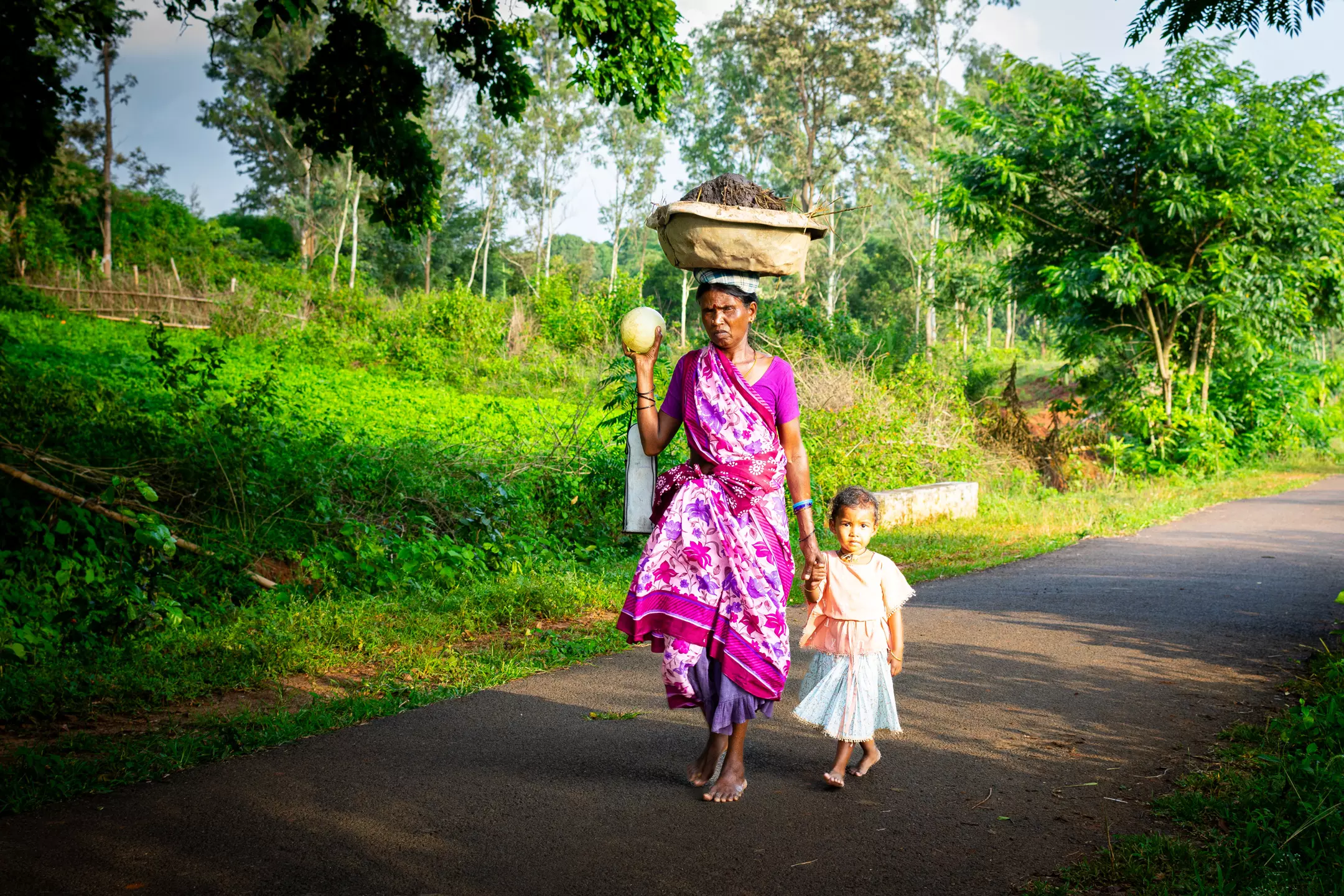Report Shows Jobs in AP Under NREGA Falling

Visakhapatnam: A report of LibTech India into implementation of Mahatma Gandhi National Rural Employment Guarantee Act (MGNREGA) in Andhra Pradesh from April to September 2024 reveals notable slowdown in employment generation in AP when compared to the previous year during the same period.
The report indicates the need for improved collaboration between the state and central governments to address these issues, especially in districts where employment under NREGA has fallen significantly, affecting vulnerable communities, such as scheduled castes and the economically challenged.
LibTech India is a collective of engineers, social workers and researchers, who for over a decade have been focusing on ensuring transparency and efficiency in implementation of the government welfare programmes in rural India, including MGNREGA.
The organisation’s report mainly highlights that the total number of person days generated in Andhra Pradesh dropped by 11.8 per cent in FY 2024–25 compared to the same period in FY 2023–24. The decline is aligned with the national trend, which saw a 16 per cent reduction in NREGA employment, indicating broader challenges nationwide.
Of the 26 districts in AP, 22 experienced a decline in employment. The highest drop is in Nellore (35.1 per cent), followed by Kurnool (30.9 per cent) and Tirupati (22.4 per cent).
In contrast, districts, such as Parvathipuram Manyam, Sri Sathya Sai and Alluri Sitharama Raju showed an increase in person days by 17.6 per cent, 8.0 per cent and 4.7 per cent respectively.
Caste-wise analysis revealed significant decline in employment for scheduled castes (15.5 per cent) and “others" (12.6 per cent), while scheduled tribes saw a slight increase by 1.7 per cent person days.
Andhra Pradesh recorded a net positive inclusion of 0.59 lakh workers, with 2.85 lakh workers deleted but 3.43 lakh new workers added. This contrasts with the national picture, where deletions far exceed new additions.
Ministry of Rural Development has highlighted that works implemented under MGNREGA are in non-compliance with the requirement that 60 per cent of the expenditure must be on agriculture-related activities. This may reflect the sharp decline in person days from May onwards.

